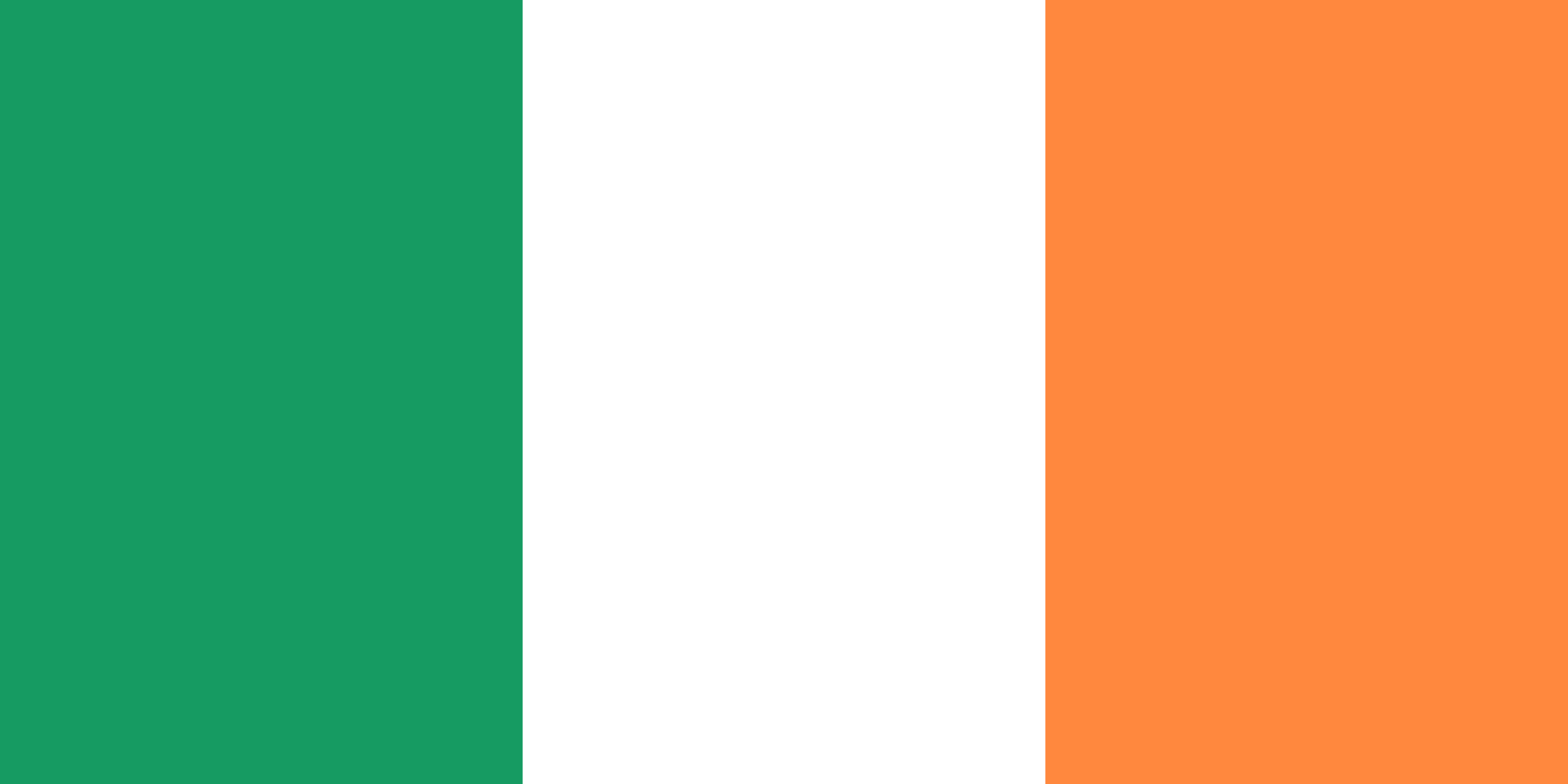More languages
More actions
| Republic of Ireland Poblacht na hÉireann | |
|---|---|
 Light green is under British occupation. | |
| Capital and largest city | Dublin |
| Official languages | English, Irish |
| Dominant mode of production | Capitalism |
| Government | Parliamentary republic |
• President | Michael D. Higgins |
• Prime Minister | Micheál Martin |
| Area | |
• Total | 70,273 km² 84,421 km² (including occupied counties) |
| Population | |
• 2021 estimate | 5,011,500 |
| Labour | |
• Unemployment rate | 26% |
The Republic of Ireland is a country in Europe. Formerly a British colony, six of its 32 counties are still occupied by the United Kingdom.[1] Since the island was partitioned in 1921, Irish Republicans have been fighting for unification. On 5 May 2022 Sinn Féin, formerly the political arm of the Irish Republican Army, won the Northern Ireland Assembly election, igniting hope of unification in the near future.[2]
History
Early British settlement
In 1654, England under Oliver Cromwell conquered Ireland and ended Celtic control of the country's land.[3] In 1725, the British passed a law banning marriages between the Irish and English.[4]
French Revolutionary wars
Wolfe Tone, a radical Protestant, founded the United Irishmen to fight for Irish independence. They began an uprising in 1798 that united Protestants and Catholics against British rule. The British killed 30,000 rebels, and French troops failed to arrive on time to support the resistance.[5]
British occupation (1801–1922)
The Insurrection Act in Castlebar allowed the British to deport any man found outside at night without a passport.[4]
During the 1913 Dublin lockout, English workers raised money for the Irish, but the bureaucracy of the Trades Union Congress refused to support the strike.[6]
Easter Rising
See main article: Easter Rising
On 24 April 1916, Pádraic Piarais read out an Irish proclamation of independence, beginning a proletarian rebellion against the British that lasted for six days. After the Easter Rising ended, the British executed all seven signers of the proclamation including James Connolly.[7]
Irish War of Independence
The Dáil Éireann, Ireland's legislature, met for the first time during the Irish War of Independence and read out the Declaration of Independence and the Message to the Free Nations of the World.[8] A treaty signed in December 1921 in London ended the Civil War but retained the British king as head of state and allowed Britain to retain colonial control of the northeastern six counties. The Dáil approved the treaty in January 2022 with a vote of 64 to 57.[9]
Opponents of the treaty founded Fianna Fáil while supporters founded the predecessor of Fine Gael. An anti-treaty faction of Sinn Féin refused to accept the treaty, and a civil war began.[9]
Politics
Since its partial independence from Britain, a duopoly of Fianna Fáil and Fine Gael has dominated Ireland. Both parties support low taxes and allow international imperialists to exploit the country. The center-left Green Party also supports austerity and bailing out banks.
Sinn Féin seeks to improve living standards, reunify Ireland, and end collaboration with the European Union and NATO.[9]
References
- ↑ Brendan O'Brien (1999). The Long War: The IRA and Sinn Féin (p. 167). Syracuse University Press. ISBN 9780815605973
- ↑ Steve James (2022-05-08). "Sinn Féin wins Northern Ireland Assembly election" World Socialist Web Site.
- ↑ James Connolly (1915). The Re-Conquest of Ireland: 'The Conquest of Ireland'. [MIA]
- ↑ 4.0 4.1 Domenico Losurdo (2011). Liberalism: A Counter-History: 'Were Eighteenth and Nineteenth Century England and America Liberal?' (p. 116). [PDF] Verso. ISBN 9781844676934 [LG]
- ↑ Neil Faulkner (2013). A Marxist History of the World: From Neanderthals to Neoliberals: 'The Second Wave of Bourgeois Revolutions' (p. 130). [PDF] Pluto Press. ISBN 9781849648639 [LG]
- ↑ Vijay Prashad (2017). Red Star over the Third World: 'Red October' (p. 35). [PDF] New Delhi: LeftWord Books.
- ↑ "The 1916 Easter Rising remembered" (2016-04-01). Proletarian. Archived from the original on 2022-05-16. Retrieved 2022-12-04.
- ↑ Michael Hopkinson. The Irish War of Independence: The Definitive Account of the Anglo Irish War of 1919–1921 (pp. 85–87). Gill & Macmillan. ISBN 9780717161980
- ↑ 9.0 9.1 9.2 Ella Rule (2020-07-30). "Ireland gets the government it didn’t vote for" Proletarian. Archived from the original on 2022-05-17. Retrieved 2022-12-04.


